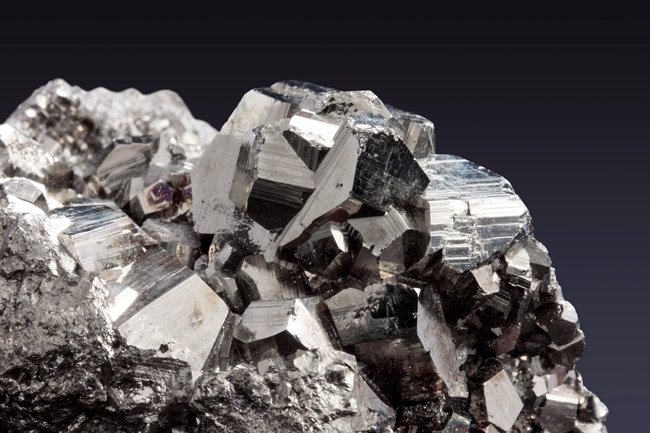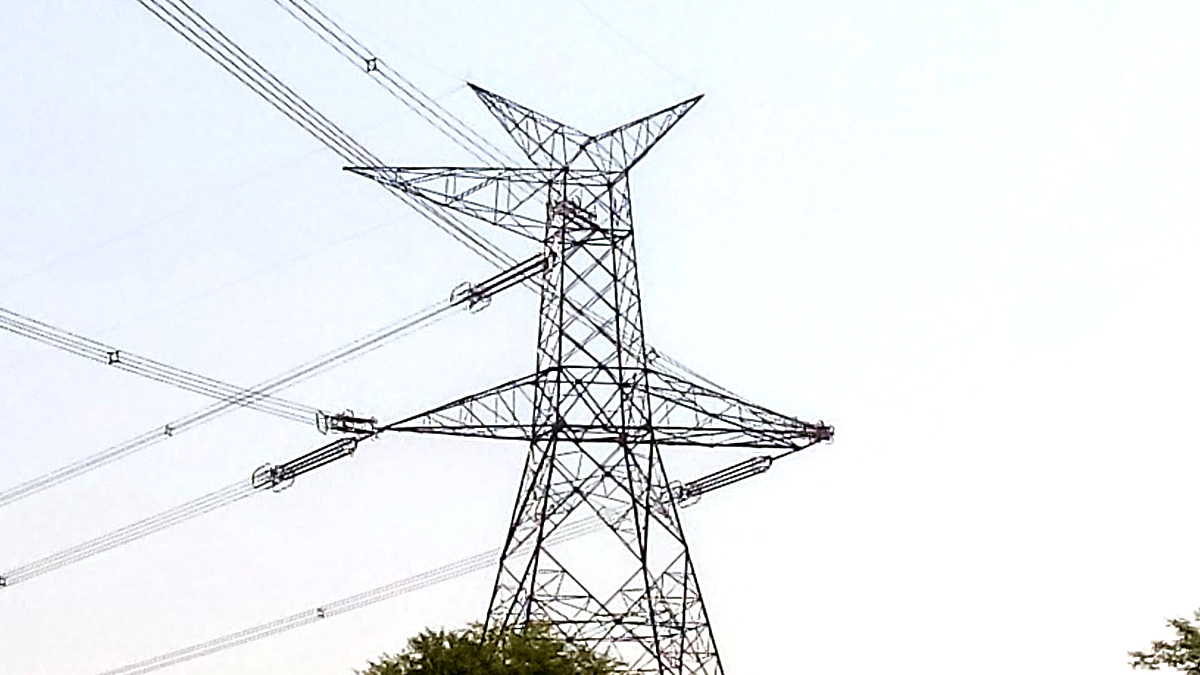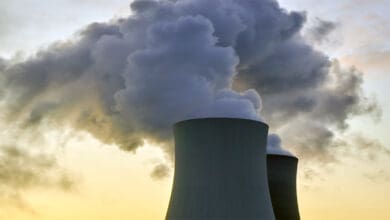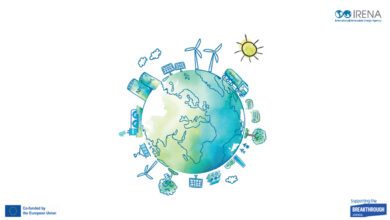The Low Pelletizing Mult-Pollutant Emission Technology and Pilot Project in the 13rd National Plan has been launched by HBIS. The Embedded SNCR + Stages Oxidative Denitrification + SDA Coordinated Absorption + Pre-charged Dust Bag Reduction project is now in operation. The independent test results show that pellet plant particle, SO2, Nitrogen Oxide emission readings are <5mg/Nm3, 20mg/Nm3, 30mg/Nm3, well below the latest national standard.
Together with Institute of process engineering, Chinese Academy of Sciences, Sinosteel Tiancheng Environmental Protection Science & Technology Co Ltd and North China Electric Power University, HBIS studied pelletizing emission processes and successfully developed the Embedded SNCR + Stages Oxidative Denitrification + SDA Coordinated Absorption + Pre-charged Dust Bag Reduction project, from laboratory to experiments to pilot project in three years. The contractors, Guangdong Kejie Environmental Protection Engineering Co Ltd and HBIS Tangsteel International, successfully completed the construction of HBIS Tangsteel Qinglong Pelletizing Pliot Project, 2million tons a year.
After commissioning, test running, the project has been in stable operation since April 25th. It SO2 and NO emissions have met the ultra-low emission standard. The Embedded SNCR + Stages Oxidative Denitrification has an energy cost of 4Yuan/ton, 150% to 200% lower than current technologies widely applied by the Chinese steel industry. Currently, China is implementing the lowest emission standard worldwide with a NO emission level of stablely below 50mg/m3 and the HBIS standard is 30mg/m3 and significantly lower than national standard.
HBIS has already developed pelletizing equipment of mid/high Si & Mg pellets and high ratio pellet smelting and dust reduction technology. Sintering, pelletizing, cocking, BF and Alloy environmental protection procedures are well coordinated. For the first time, 80% pellets of industrial production of BF is achieved with a fuel ratio 11kg/t lower and SO2, Nitrogen Oxide generation 74.3%, 53.2% lower, leading in the world and green carbon iron making technologies.













